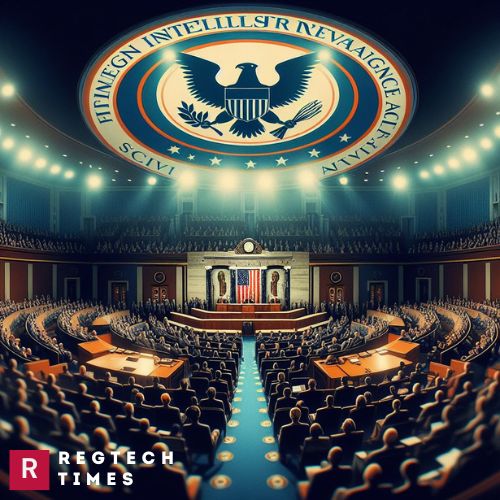In an increasingly interconnected world where threats to national security can originate from anywhere, the United States has vested its intelligence agencies with broad powers to monitor and intercept communications deemed essential for safeguarding the nation. At the heart of this surveillance framework lies Section 702 of the Foreign Intelligence Surveillance Act (FISA), a provision that has evolved into a cornerstone of U.S. counterterrorism strategies since its inception as part of the FISA Amendments Act of 2008. Despite its pivotal role in bolstering national security, the utilization of Section 702 has ignited contentious debates surrounding privacy rights, civil liberties, and the proper balance between security imperatives and individual freedoms.
Understanding Section 702 of the FISA
Section 702 of the FISA represents a pivotal instrument in the arsenal of U.S. intelligence agencies tasked with safeguarding the nation against external threats. Essentially, this provision empowers the government to conduct surveillance operations targeting non-U.S. persons located outside the territorial boundaries of the United States, thereby enabling the collection of foreign intelligence vital for preempting terrorist plots, thwarting cyber-attacks, and countering hostile activities orchestrated by foreign adversaries.
It is important to note that Section 702 operates under a framework that does not mandate individualized warrants for each surveillance target, but rather authorizes the identification and monitoring of categories of non-U.S. persons overseas whose communications are believed to possess intelligence value.
The Evolution of Section 702
The genesis of Section 702 of the FISA can be traced back to the post-9/11 era, a period marked by heightened fears of terrorist threats and the imperative for robust intelligence capabilities to preempt future attacks on U.S. soil. In response to these exigencies, the U.S. government embarked on a legislative journey culminating in the enactment of the FISA Amendments Act of 2008, which introduced Section 702 as a pivotal tool in the nation’s counterterrorism arsenal.
Since its inception, Section 702 has undergone periodic renewals and revisions to adapt to evolving security challenges and technological innovations. However, the implementation of Section 702 has not been devoid of controversy, as critics raise legitimate concerns regarding its potential for encroaching upon civil liberties and privacy rights.
In a recent development, the Senate passed a reauthorization of Section 702, demonstrating bipartisan support for maintaining the government’s surveillance authorities. This reauthorization introduces key reforms aimed at enhancing transparency, accountability, and privacy protections. For example, the legislation may require regular reporting to Congress on the use of Section 702 and impose limitations on the retention and dissemination of information collected under the provision.
Implications of Section 702
The reauthorization and reform of Section 702 carry significant implications for both national security and civil liberties. Advocates argue that Section 702 is crucial for detecting and preventing terrorist plots, combating cyber threats, and protecting the nation against foreign adversaries. However, critics express concerns about the potential for overreach, mass surveillance, and the infringement of privacy rights.
Striking a Balance
The ongoing debate over Section 702 highlights the enduring challenge of balancing security needs with individual rights and freedoms. In an era characterized by rapid technological innovation and global interconnectedness, the tension between surveillance powers and privacy protections has become increasingly pronounced. Policymakers are thus faced with the complex task of crafting laws and policies that effectively safeguard national security while upholding constitutional principles and respecting individual privacy.
Section 702 of the Foreign Intelligence Surveillance Act (FISA) plays a central role in the U.S. national security and surveillance landscape. Its reauthorization and reform represent a critical moment in the ongoing dialogue about the appropriate balance between security measures and civil liberties protections. As the government continues to navigate the complexities of modern threats and technologies, the oversight and evaluation of Section 702 activities remain paramount to ensuring accountability, transparency, and the preservation of democratic values in an ever-changing world.



